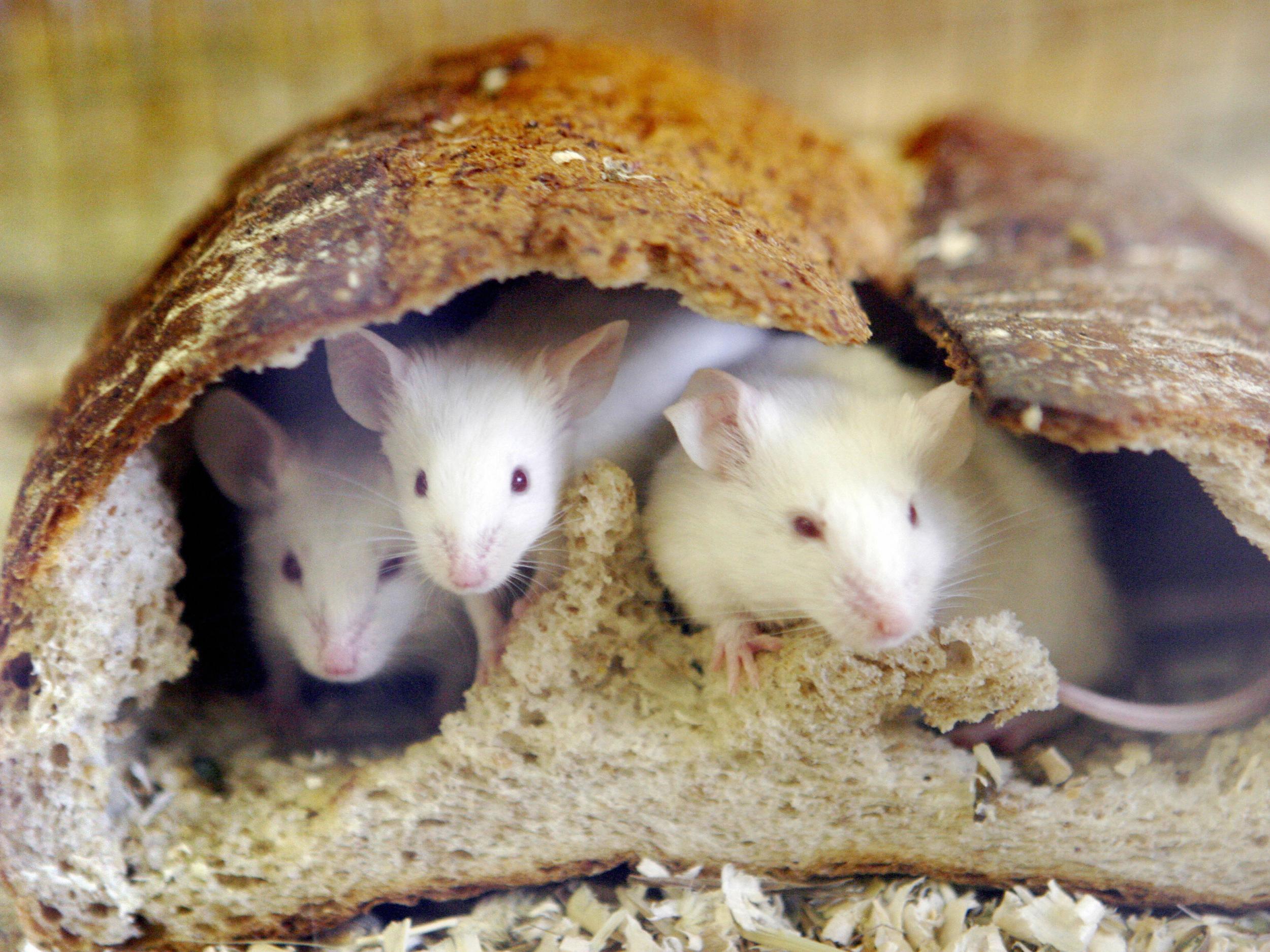Bullies' brains wired to seek pleasure from aggression, study suggests
Researchers from Mount Sinai Hospital, New York, found the brains of mouse bullies activated a reward synapse when they showed aggression to weaker mice

Your support helps us to tell the story
This election is still a dead heat, according to most polls. In a fight with such wafer-thin margins, we need reporters on the ground talking to the people Trump and Harris are courting. Your support allows us to keep sending journalists to the story.
The Independent is trusted by 27 million Americans from across the entire political spectrum every month. Unlike many other quality news outlets, we choose not to lock you out of our reporting and analysis with paywalls. But quality journalism must still be paid for.
Help us keep bring these critical stories to light. Your support makes all the difference.
Bullies’ brains are wired to get enjoyment from picking on victims, scientists have found.
The research claims that bullying is motivated by a neurological disorder, whereby the brain activates a reward response to aggressive activity.
Behavioural experiments on mice found that those who acted aggressively toward inferior mice developed a preference for bullying over non-aggression, suggesting that they found the ability to subordinate another mouse rewarding.
Dr Scott Russo, from Mount Sinai Hospital, who lead the research said the unique study is the “first to demonstrate that bullying behaviour activates a primary brain reward circuit that makes it pleasurable to a subset of individuals".
The report says that the activation of the brain reward circuit is caused by the projection of a neurotransmitter which reduces activity in the part of the brain that usually creates an aversion to violence.
Researchers manipulated neurotransmitter activity providing them with conclusive evidence that its stimulation is “sufficient and necessary” to alter the inclination to bully.
The report’s findings may provide useful information for the development of drugs to treat aggression-related neuropsychiatric disorders.
Subscribe to Independent Premium to bookmark this article
Want to bookmark your favourite articles and stories to read or reference later? Start your Independent Premium subscription today.
Join our commenting forum
Join thought-provoking conversations, follow other Independent readers and see their replies
Comments